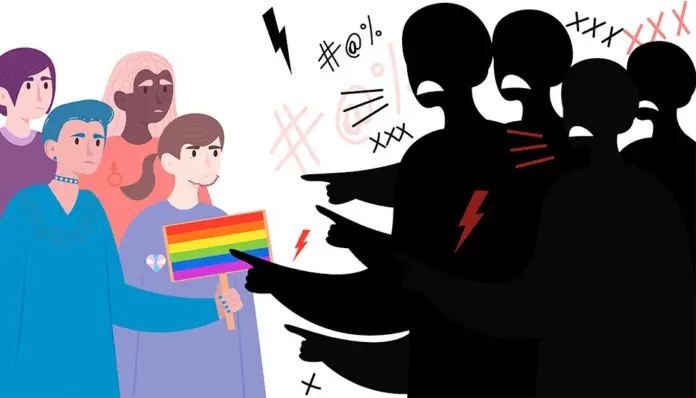Despite progress in raising awareness and legally recognizing the rights of LGBTIQA+ people (an acronym that encompasses lesbian, gay, bisexual, trans, intersex, queer, asexual, and other gender identities not yet classified) in Mexico, hate crimes against this population, especially those targeting trans women, continue to rise. This contrast highlights a profound disconnect between legal frameworks and the daily reality these populations face.
According to the National Observatory of Hate Crimes against LGBT people—in which the Arcoíris Foundation for Respect for Sexual Diversity participates, directed by Gloria Careaga, a professor at the UNAM School of Psychology and founder of the then University Program on Gender Studies, now the Center for Gender Research and Studies—at least 739 cases of murders and disappearances of people of sexual and gender diversity have been recorded in Mexico between 2014 and 2025.
In this context, there is an upward trend in hate crimes against trans women. The causes are multiple and structural: the lack of official records, the limited classification of these crimes in state penal codes, impunity, persistent social prejudices, and the absence of a gender perspective in justice systems. All of this occurs despite regulatory advances and growing institutional attention to the issue.
Likewise, the Mexico City Council to Prevent and Eliminate Discrimination has warned about how discrimination limits opportunities for LGBTIQA+ people, especially trans women, in areas such as employment, healthcare, and education.
The 2021 National Survey on Sexual and Gender Diversity (ENDISEG) provides a revealing fact: trans women are denied access to employment four times more than cisgender women (18.8% versus 4.3%).
In this regard, it is essential to recognize that progress, although significant—such as the inclusion of the issue on the public agenda and the recognition of equal marriage in all states since October 2022—has not been sufficient to eradicate structural violence or guarantee the full exercise of the rights of trans people.
This June, LGBTIQA+ Pride Month, Dr. César Torres Cruz, academic secretary of the Center for Gender Research and Studies at UNAM, has pointed out in interviews and forums that the main challenge facing this population is the fight against stigma in a society still marked by machismo and heteronormativity.
Therefore, as César Torres stated, education with a gender and diversity focus, sooner or later, will help guarantee decent living conditions for LGBTIQA+ people and will lay the foundation for this country to offer spaces of justice and equality. In this sense, UNAM is doing important work against neoconservative forces and violence.

Source: gaceta




